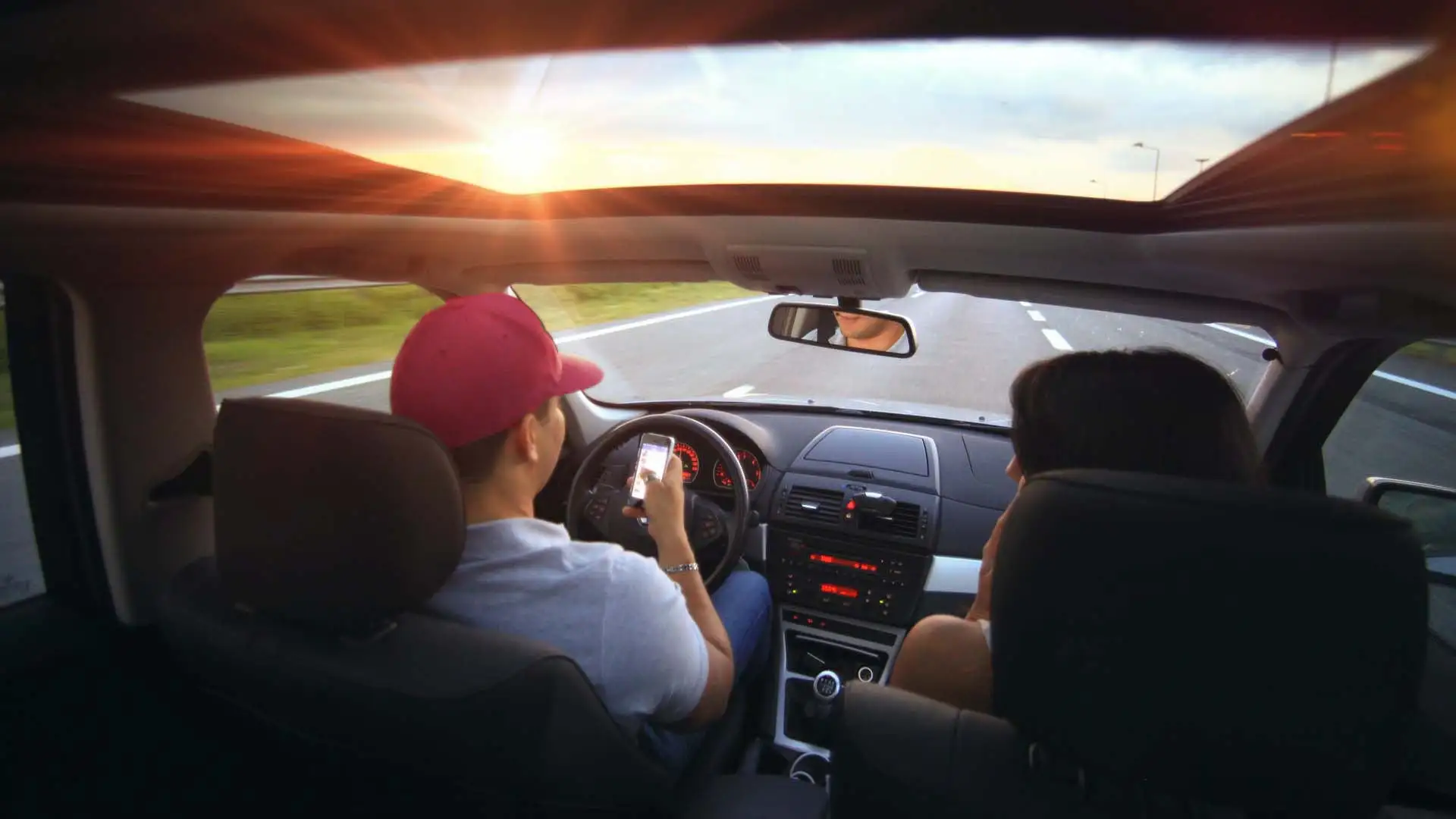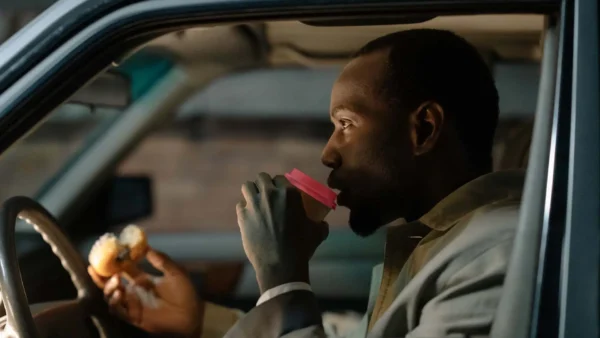Driver distraction is the new drunk driving: Here’s what texting and driving will cost you.
Although impaired driving remains a big problem in Canada, awareness and deterrence has been bringing the number of injuries and deaths related to drunk driving down for the last several decades. Not so for distracted driving, especially texting and driving, which is becoming a bigger problem every day.
A lot of people ask why insurance is so expensive in Ontario, especially given the huge advances in vehicle safety over the last several decades. Anti-lock brakes (ABS), airbags, collision warning systems and emergency brake assist are just some of the features that should be reducing the number of collisions on our roads, as well as the severity of the injuries that ensue from those collisions.
There are a number of reasons why auto insurance rates continue to increase with no end in sight in spite of these safety advances. Certainly the cost of repairing these new vehicles is part of the equation. With so many sensors and cameras now built into windshields and bumpers, even a minor accident nowadays can lead to thousands of dollars in repairs. Insurance fraud also contributes to prices being higher than they need to be.
How bad is the problem?
But the biggest reason why insurance rates continue to rise is the growing popularity of smartphones and other handheld electronic devices, and our inability, it seems, to put them down. Consider the following:
- Fully half of all Canadians admit to using their phone while driving.
- Texting while driving has increased by 50% since 2010.
- You are four times more likely to get in an accident while talking on the phone.
- You are 23 times more likely to get in an accident while texting.
- 8 out of every 10 car accidents involve a driver who wasn’t paying attention.
The fact is that smartphones aren’t going away, and the younger you are, the more likely you are to text and drive, so as more youngsters turn 16 and hit the roads, the problem is most likely going to get worse, not better.
What are the penalties in Ontario?
Governments are keenly aware of the problem, and Ontario for one, introduced changes on Jan. 1, 2019 that increased the penalties for distracted driving. Here’s what you can expect if you’re a fully licensed driver (A, B, C, D, E, F, G and/or M licence) and get caught using your mobile device while driving:
| 1st offence |
|
|---|---|
| 2nd offence |
|
| 3rd and subsequent offences |
|
Remember that in certain circumstances, police also have discretion to charge distracted drivers with more serious offences like careless driving, which can mean six months’ jail time. If you injure or kill someone while driving distracted, you could face a dangerous driving charge, and 10 years in prison or more.
And if you’re a new driver
Drivers on a G1, G2, M1 or M2 license will face the same fines as other drivers, but instead of demerit points, these novice drivers will face longer suspensions, as follows:
- 30 days for a first offence
- 90 days for a second offence
- A novice driver who is convicted of distracted driving for a third time will forfeit his or her license and will have to begin the Graduated Licensing System (GLS) over from the start.
How do insurance companies treat distracted driving?
Because of the sharp increase in accidents linked to distracted driving in recent years, more and more insurance companies are starting to treat a distracted driving conviction as a major conviction (used to be a minor), meaning that it will definitely affect your premium on renewal, and probably more than a simple speeding ticket. Some insurers are going so far as to disqualify drivers with a distracted driving conviction altogether, which means that you’ll have fewer insurance companies to choose from, and may not get the best rate.
But what is distracted driving?
Under Ontario law, distracted driving refers specifically to using hand-held electronic devices behind the wheel. Eating, grooming yourself, reaching for something or even talking to another passenger in the car can also take your attention away from the road, but these distractions won’t lead to a distracted driving charge. If it’s clear you’re not focused on your driving, police can charge you with careless or dangerous driving in these cases.
The following actions can lead to a distracted driving charge, even if you’re stopped at a red light:
- Holding a phone or other hand-held electronic device
- Manually dialing or texting, regardless of whether the phone is in your hand
- Watching a tablet or gaming device
- Programming your GPS, even if it’s mounted on your dash or windshield
There are a few exceptions, of course:
- You can use a mounted GPS device as long as you program it before you start driving.
- You can use your phone to dial 911 in an emergency, but should pull over first.
- You can use your phone to text or dial as long as it is hands-free and you don’t need to manually dial or type.
How to avoid driving distracted
Given how reliant we are on our phones, it’s very challenging to ignore your phone while driving. If you have a car or Bluetooth device that allows you to operate your phone hands-free, use these features while driving.
If you don’t have a hands-free option, there are strategies that you can use to reduce the temptation:
- Turn off your phone when you get in the car. If it’s too tempting, put it in the glove compartment.
- Turn off the ringer and other notifications.
- Pre-record a message for callers saying that you’re on the road and will get back to them soon.
- Ask one of your passengers to hold your phone. Assuming it’s someone you trust, ask them to let you know if you get a call or text that seems urgent.
Even those of us who are careful drivers can be tempted to glance at our phones when we hear that chime that tells us a new text is coming in. It’s easy to think that looking away from the road for just a few seconds can’t hurt. The fact is, those few seconds could be all it takes to cause a serious accident. The statistics don’t lie. If you’re driving, just drive. That text can wait.
For more details about Ontario distracted driving, visit the Ontario government’s site.
Note: The information above is for general purposes and does not constitute legal advice. Be sure to talk to your broker if you have more specific questions about insurance, and especially if you need answers that are specific to your circumstances.
Looking for car insurance?
Speak with a Mitch Insurance broker today to get a quote on Ontario auto insurance. Learn more >
Call now
1-800-731-2228







